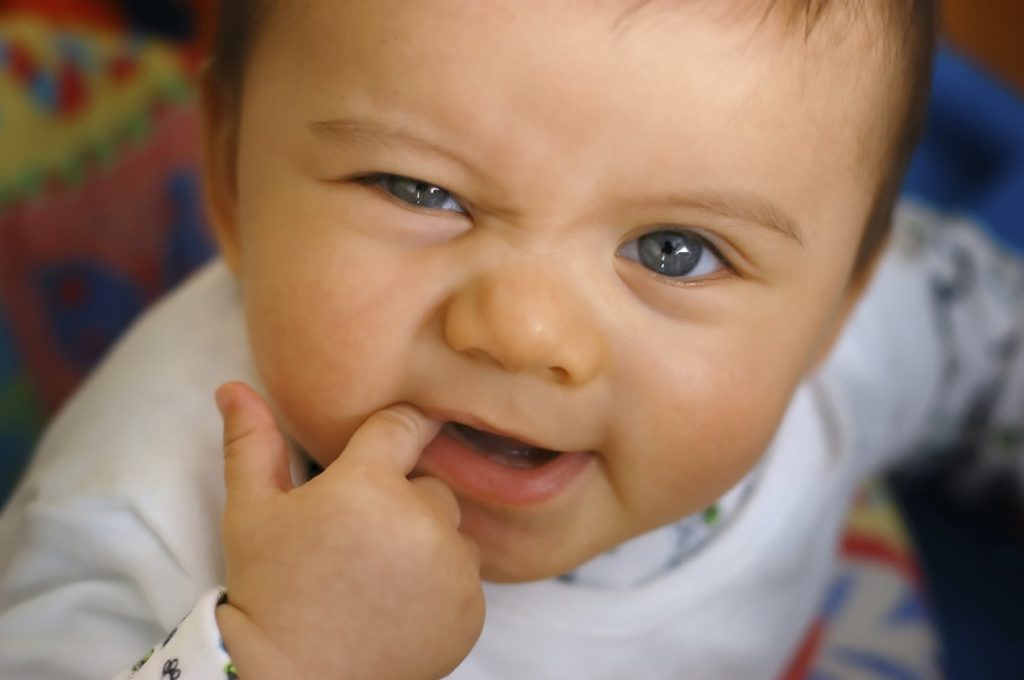HOW LABELS HOLD KIDS BACK

Beautiful, smart, popular. Most people wouldn’t mind those words associated with themselves. How about slow, goofy, not the sharpest tool in the shed? These labels score low on the ‘pick me’ list.
Carolyn Sandlin Sniffen, a classroom teacher with a master’s degree and twenty-five years of teaching experience is our guest writer today, who shares her thoughts on labels and how they hold kids back.
The Cute One…The Smart One…The Joker: How Labels Hold Kids Back
The writing assignment for my 6th graders was easy: What one thing would you like for me to know about you?
Small shoulders shrugged, eyes rolled, and within minutes I was listening to the rhythmic scratching of Number Two pencils on notebook paper.
Their responses varied from silly to serious, but the real lesson learned that day didn’t include capitalization, punctuation, or subject-verb agreement. It was a lesson in the dangers of labeling kids—a lesson for every parent and caregiver who care about children and their futures.
Sorting through piles of papers, I read the following:
Kids acquire their labels early, often at birth. Parents look at their new offspring and exclaim, “She looks just like your sister. I sure hope she’s got more sense.” Or, “Listen to him cry. He already has a bad temper.” Or, “Look at those ears. The only person in our family with those ears is your crazy Uncle Felix.”
Using labels helps parents personify their babies, giving them a unique identity. If there are other children in the family, it’s almost impossible not to label them, too. The oldest child is often described as responsible, mature, a role model. The middle child struggles to be noticed, usually becoming the joker, the entertainer, the funny one. And the baby uses his position to get his own way or to tattle on his siblings.
When children start school, the labeling continues. Parents start comparing them to other children: “He must be a slow learner because he still can’t read.” Or, she’s so shy—she’ll never have any friends.”
The problem with labels is they hold children back. When kids believe their labels—“I can’t help it. That’s the way I am.”—they eventually become what others say about them.
What about positive labels? They build a child’s self-esteem. Right? Only for a short time, maybe, but consider this situation: Your youngster has finally made the honor roll. You say: “You’re so smart, a real brain.” Behind this positive label is a subtle but intense pressure to “keep it up so I’ll be proud of you.” A few low test scores, and in your child’s mind she has lost her brilliant status.
A label from a classroom teacher can be a powerful influence on a child, and teacher-generated labels quickly spread in a classroom—sometimes throughout the entire school. Children may be singled out as smart, dumb, noisy, slow: “His older brother was a real trouble-maker. I bet this one’s the same.” Or, “Nobody in her family ever finished school. She probably won’t graduate either.”
There are even more damaging labels used by teachers, often with good intentions: ADD, emotionally disturbed, learning impaired, socially maladjusted, etc. Sometimes teachers attempt to diagnose a child on the basis of problems exhibited in a classroom setting. Parents should certainly listen to teachers’ concerns, but schedule an evaluation by a pediatrician or a child psychologist before making assumptions.
If your youngster is being labeled by a teacher, arrange a meeting to discuss what behaviors are interfering with your child’s academic or social success. Ask the teacher for appropriate interventions that you can try at home.
Even if parents and teachers are careful not to label kids, once they enter school, they’re likely to hear it from other kids. Nerd, geek, jerk, crybaby, poser—all are cruel taunts heard on playgrounds and in hallways. When immature children can’t deal with the differences between themselves and others, they often resort to name-calling. A parent’s best response is to teach their children to be more understanding and accepting of other people.
If your child is the one being labeled, talk about why kids are calling her names and how to keep it from getting to her: “When the kids call you a nerd, tell them Bill Gates was also called a nerd, and he grew up to become one of the richest men in America.”
If we can convince children they are multi-faceted human beings, with many character traits, talents, and abilities, we have learned the most valuable lesson in building their self-esteem.
Article submitted by Carolyn Sandlin Sniffen. Carolyn currently writes for Associated Content from Yahoo, informing parents about the latest research in education and current trends in parenting strategies. She also had a weekly column: Making the Grade for the St. Petersburg Times from 1998- 2001.